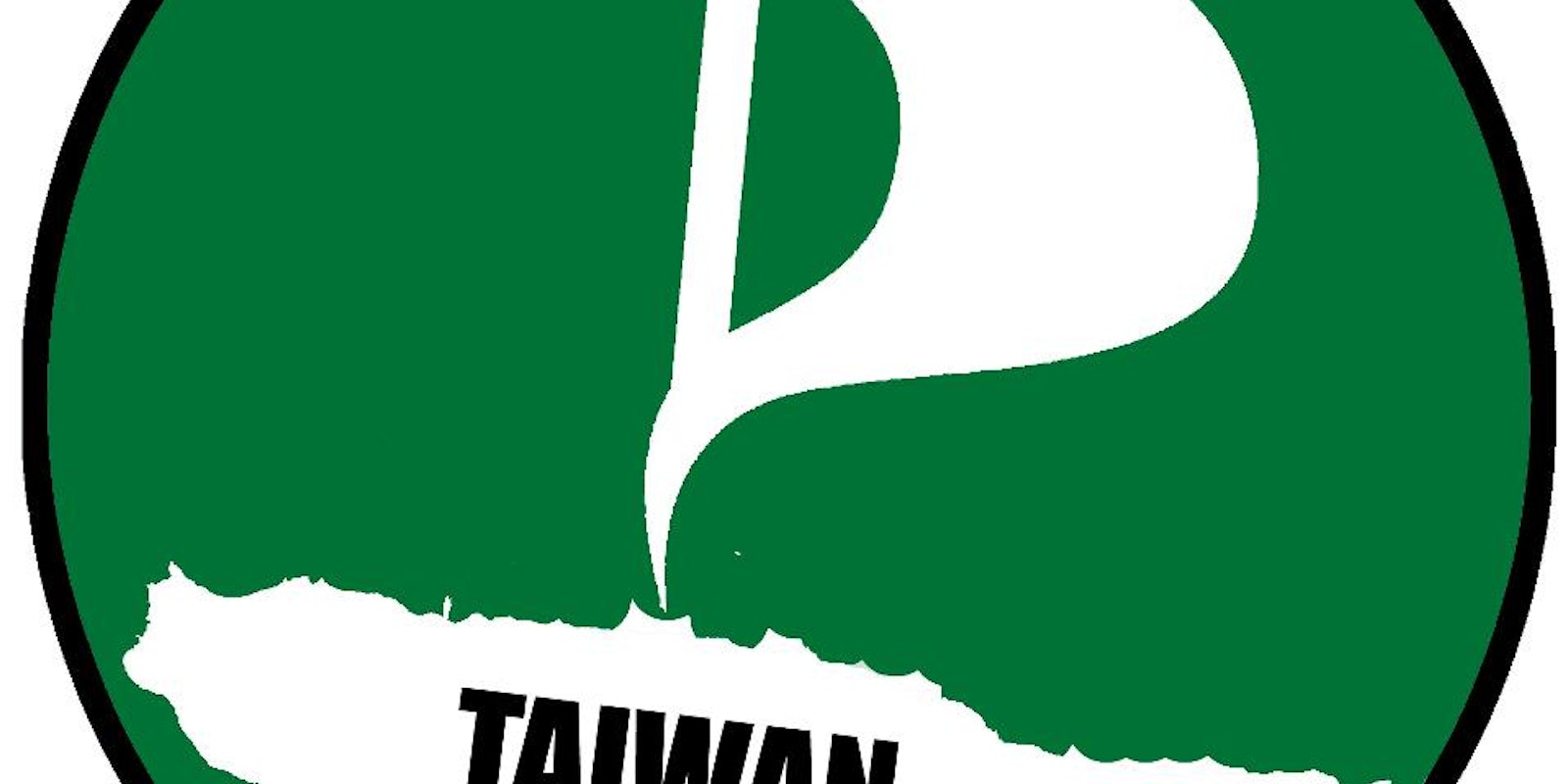The Pirate Party’s remarkable election successes in countries like Germany has inspired activists around the globe to board the figurative ship.
One place where pirate aren’t making progress, however, is Taiwan, where government bureaucrats don’t seem to understand the metaphor. An administrative court has denied a psychology professor’s request to form a Pirate Party, agreeing with a previous appeals court that people might confuse members with “real pirates.”
Tai Che, an associate professor at Chung Yuan Christian University, said in February he wanted to establish a political party to increase government transparency and push for copyright reform, both of which are core values of the Pirate Party movement.
Taiwanese courts, however, have repeatedly rejected Tai’s attempts form a political party with the word “pirate” in its name.
A Taiwan Pirate Party Facebook page has existed since Sept. 2011. At 257 members, it’s more popular than most American Pirate Parties’ pages, though those numbers pale in comparison to the pages established in many European countries.
Taiwan’s not the only place where Pirates are struggling to be taken seriously due to their name. The Pirate Party of California, for instance, has found itself in the difficult position of having to defend its name.
Tai, after an earlier legal defeat, declared that his party’s name should be “a matter of free speech.” He appears to have little recourse now.
Perhaps he should register his Pirates under a proxy party name.
Photo via Facebook


